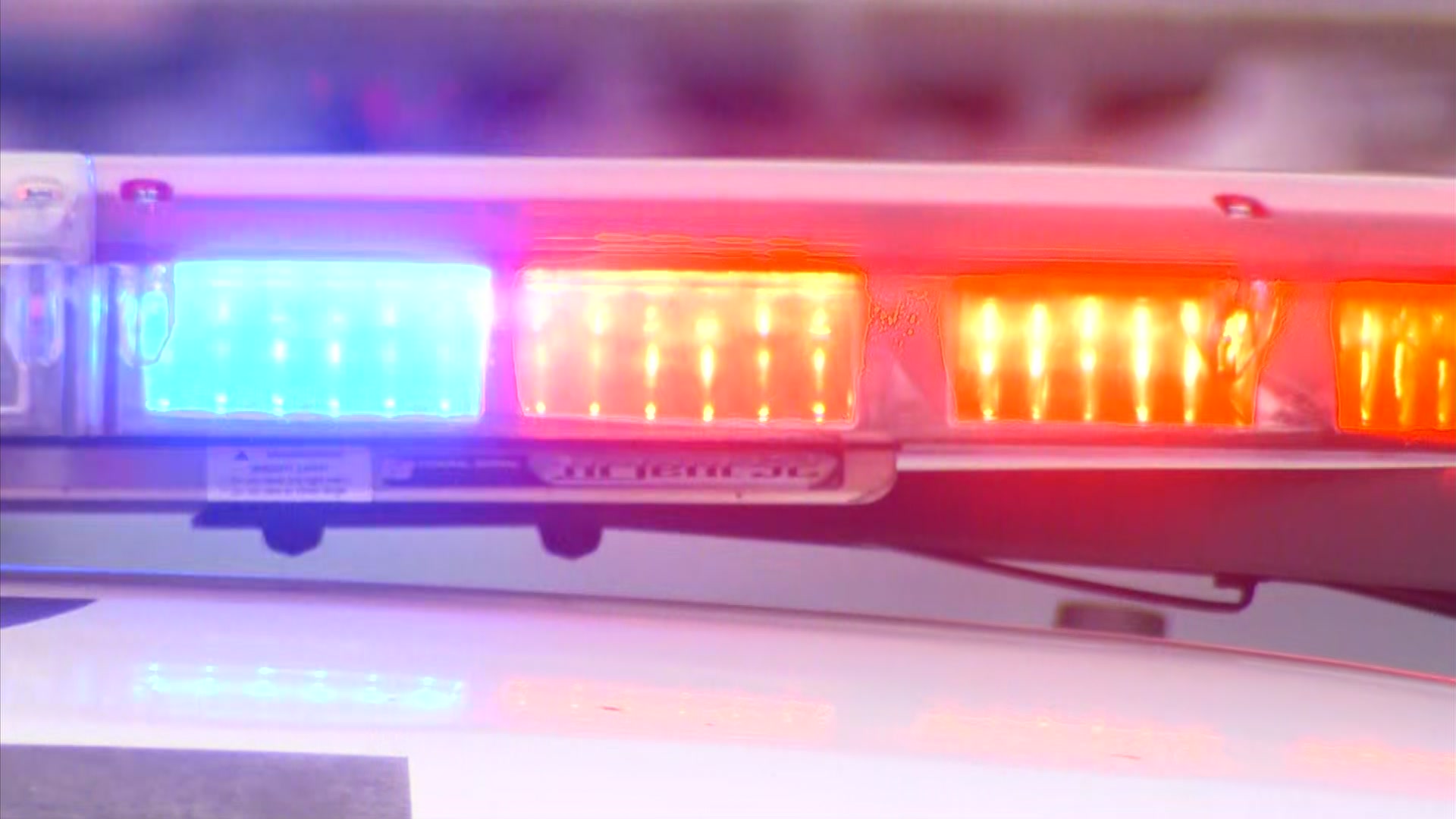What could be simpler than ride-sharing services like Uber and Lyft, which give mom and dad a low-cost alternative to child hauling? Trip to the movies? Call them an Uber! Staying late for band practice? Lyft will get them home! Wrong. Phil Rogers reports.
What could be simpler than ride-sharing services like Uber and Lyft, which give mom and dad a low-cost alternative to child hauling? Trip to the movies? Call them an Uber! Staying late for band practice? Lyft will get them home!
Those ubiquitous apps from the two biggest ride-sharing services are the answer to a parent’s prayers, right?
Wrong.
No one under 18 is supposed to be using Uber or Lyft without an adult on board. It says so right in each company’s terms of service. And the drivers are not supposed to be taking any un-accompanied children.
But an investigation by NBC 5 Investigates shows the rules are routinely ignored.
Armed with an Uber license, NBC 5 producer Courtney Copenhagen set up base near schools throughout the city and suburbs. And on every single day she drove, she said she found no shortage of teen riders, who reacted with shock when they were informed they were too young to ride.
Most insisted they routinely used Uber and Lyft to get around. In many cases, those same teens took out their phones and summoned another Uber as we watched. And when we sent a trio of girls out on the street in downtown Chicago to hail rides, nearly every Uber and Lyft driver they encountered welcomed them aboard, even after they informed those drivers they were only 12 and 13 years old.
Local
Only one driver, who worked for Lyft, said no.
“I think it’s obvious that Uber and Lyft are going to try to make money where they can,” says Bryant Greening of LegalRideshare, a Chicago law firm specializing in cases involving the two big carriers. “When Uber and Lyft came to Chicago I don’t think anyone predicted how big it would be, and how quickly it would get there.”
Both companies insist the rules about children are hard and fast regulations.
“We take reports of unaccompanied minors seriously,” Lyft spokesman Kate Margolis told NBC 5 by email. “Violating this policy can lead to permanent deactivation from the Lyft platform for both passenger and driver accounts.”
On its website, Uber likewise suggests the policy is etched in stone: “A rider must be 18 years of age to have an Uber account and request rides,” the site states. “Anyone under 18 must be accompanied by someone 18 years of age or older on any ride.”
Uber actually rolled out a pilot program to allow teen licenses in Seattle, Columbus, and Phoenix. But that program was terminated, Uber saying it was examining other ways to “best serve the needs of families.”
In shutting that program down, Uber declared, “If you suspect a minor is using Uber, please let us know through your app and our team will investigate.”
So why have such rules, if they are ignored by riders and drivers alike?
“The rule is very well crafted to fit into their legal objectives,” Greening says. “What they want to make sure is that there is not some kind of law passed against the use of their app involving strict background checks, involving fingerprints, and by making the application available only to adults, they can get around some of those requirements.”
He refers to the security checks Uber and Lyft drivers must undergo. Both companies use a third party service which checks primarily for driving mishaps, criminal convictions going back seven years, and a check of a sexual offender database.
Chicago cab drivers have long complained that they face a more rigorous fingerprint background check---and that rideshare drivers are getting off light.
Indeed, when the Emanuel administration recently announced changes to security requirements designed to level the playing field, the cab drivers cried foul. That proposal, billed as strengthening security procedures, promised that rideshare companies would be required to have their drivers checked against the national sex offender database, and multi-state criminal records across state boundaries.
But at the same time, they announced they were lifting the requirement for fingerprint checks for cab drivers.
“What we think the city should do is raise the standards---make them equal but lift them up,” says Tracey Abman of AFSCME local 31 which represents some city cab drivers. “We think it should continue for cab drivers, and should happen for rideshare drivers.”
In other words---keep fingerprint checks for cabbies, but start requiring them for Uber and Lyft.
“The city’s saying we want to level the playing field,” says Abman. “Yes, let’s level the playing field, but let’s raise standards---not lower them!”
A spokesman for the City’s cab licensing agency, Lilia Chacon, declined to respond to AFSCME’s criticism.
“Drivers in the taxi and rideshare industries are subject to the same background check standard,” she said in a statement. “To ensure the public’s safety, biometric and non-biometric background checks are conducted by third-party vendors and include checks of a nationwide criminal database, sex offender registry and global watch list.”
New York City requires both taxi and rideshare drivers to submit to fingerprint checks. Nationwide, Uber recently announced plans to begin re-running its contract background checks on drivers every year.
In the meantime, Uber and Lyft both insist their policies on children have not changed.
“What we see is that a lot of drivers and a lot of users are not reading those terms—reading those rules,” says Greening, the Chicago attorney. “We need to make sure that we are protecting our children and that there’s the proper rules in place to effectuate that goal.”



